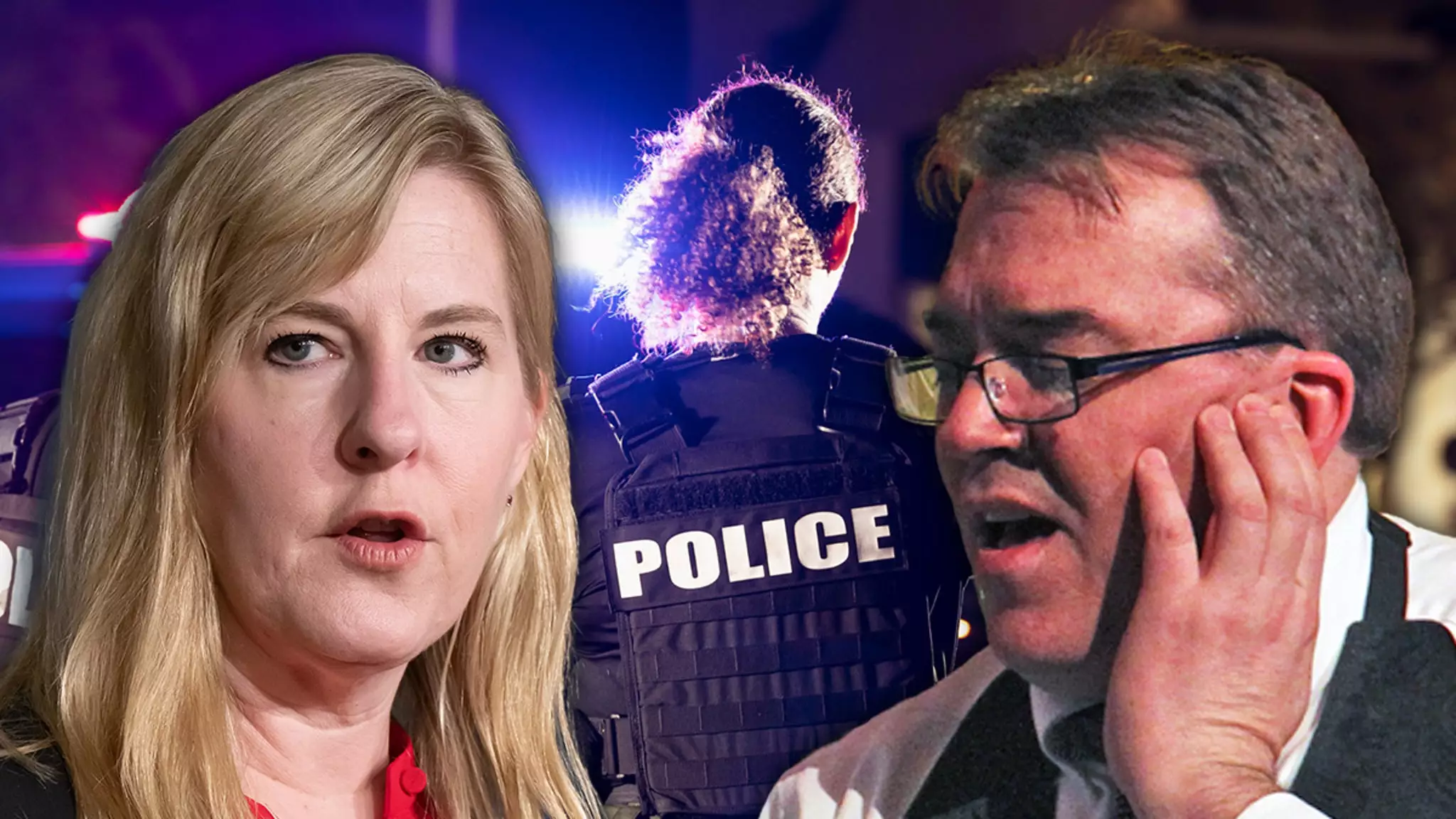In an alarming turn of events, the tragic killing of Minnesota’s Democrat State Rep. Melissa Hortman and her husband exposes a dark side of political discourse. Disturbing findings reveal that the gunman not only sought the lives of the Hortmans but had plans to target additional lawmakers. This situation unfolds amidst a chilling manifesto that outlines specific names, indicating a premeditated effort to instill fear among elected officials.
The presence of this manifesto, coupled with flyers promoting “No Kings” demonstrations—theories steeped in anti-government sentiments—raises serious concerns about the impact of radical ideologies on political safety. Such violence represents an egregious breach of the social contract that allows political representatives to operate freely and interact with their constituents. As we delve deeper, it is essential to contemplate the implications of this terrible incident and the wider culture it reveals.
A Reflection of Political Climate
The attack on the Hortmans is not an isolated occurrence; it mirrors the increasing polarization within the political landscape. The endorsement of violence as a means to express dissent is an alarming trend that seems to have gained traction, and it’s being perpetuated by rhetoric that demonizes opponents rather than fostering dialogue. It is crucial to scrutinize not only the immediate perpetrators but also the broader societal factors that contribute to such hate-fueled actions.
Governor Tim Walz rightly condemned this act as one of political violence, but it begs the question: how do we combat an environment where lawmakers feel threatened? The answer lies in fostering a community that values respectful political discourse and actively opposes hateful communication. Legislators, political leaders, and even everyday citizens must champion a culture of dialogue over division.
The Importance of Public Awareness
As investigators continue their manhunt and the community remains under a shelter-in-place order, it’s important for the public to remain vigilant. The encouragement from authorities to avoid specific demonstrations reflects an understanding of the potential for escalation in hostile environments. It highlights the necessity for citizens to engage actively in their communities, ensuring that they stand firmly against violence, regardless of political alignment.
Moreover, it is imperative for law enforcement and public officials to prioritize transparency and communication in times of crisis. The involvement of figures like President Donald Trump emphasizes the need for collective action against any form of political extremism. It’s clear that as long as violence is seen as a viable answer to political grievances, the foundations of democracy remain at risk.
The shooting incident that took the lives of Melissa and Mark Hortman, while devastating, serves as a crucial moment for reflection and proactive measures. For the sake of all who seek to participate in the democratic process, it is time to reassert the importance of safe political engagement and vehemently oppose the burgeoning cycle of violence. A robust effort to address the root causes of this insidious trend must begin now, before another tragedy strikes.

